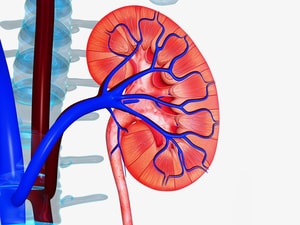La Hipertensión refractaria es un fenotipo de fallo del tratamiento antihipertensivo definido como una hipertensión incontrolada a pesar del uso de dosis efectivas de ≥ 5 medicamentos antihipertensivos incluido un diurético tiacidico de acción prolongada (clortalidona) y un antagonista de los receptores de mineralocorticoides. Ver más….
 Visión de evaluación y manejo en la Era post SPRINT (Systolic Blood Pressure Intervention Trial)
Visión de evaluación y manejo en la Era post SPRINT (Systolic Blood Pressure Intervention Trial)
La hipertensión arterial es el principal factor de riesgo para muerte prematura e invalidez – años de vida ajustados en el mundo. El desarrollo de una gran base farmacológica para el manejo de estos pacientes como demuestran los ensayos ha cambiado satisfactoriamente sus expectativas. Ver más….

 La hipertensión resistente se caracteriza por presión arterial elevada (BP) a pesar de usar 3 agentes antihipertensivos. La monitorización ambulatoria de la BP (ABPM) detecta la presencia de hipertensión resistente de bata blanca (24 horas de presión 130/80 mm Hg).
La hipertensión resistente se caracteriza por presión arterial elevada (BP) a pesar de usar 3 agentes antihipertensivos. La monitorización ambulatoria de la BP (ABPM) detecta la presencia de hipertensión resistente de bata blanca (24 horas de presión 130/80 mm Hg). 






![Glosario: hipertensión [Hipertensión arterial en la atención primaria de salud. 2009]](http://temas.sld.cu/hipertension/files/2016/04/Glosario-e1541006177950.jpg)



Comentarios recientes